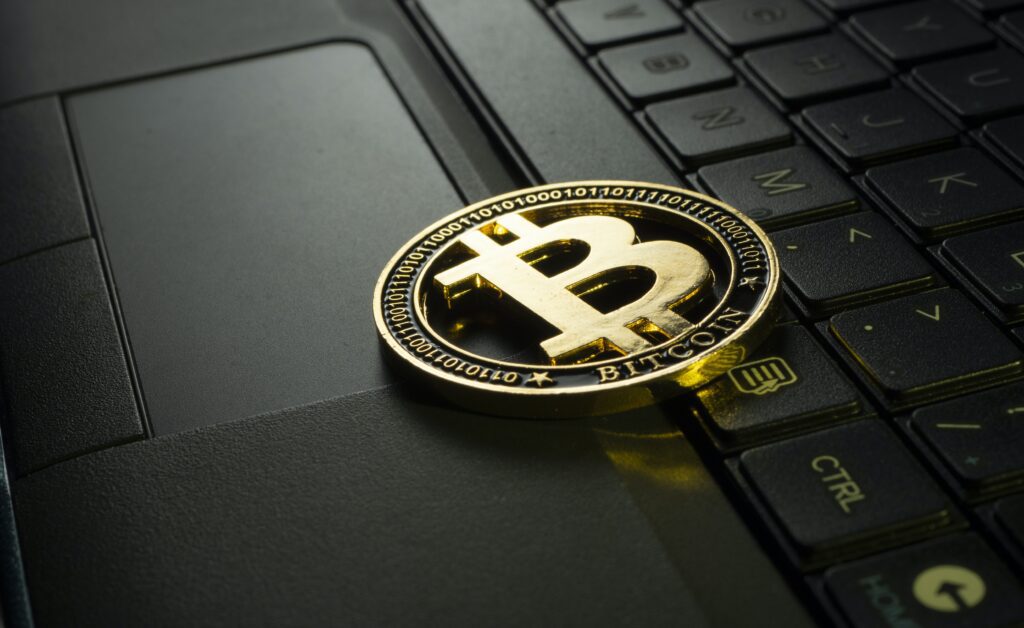If you’ve ever wondered about the possibilities of a digital currency that is fast, secure, and accessible to everyone, then look no further than Bitcoin Cash (BCH). This cryptocurrency aims to revolutionize the way we handle transactions online, offering an alternative to traditional banking systems. With its decentralized nature and impressive scalability, Bitcoin Cash (BCH) has gained popularity among users around the world who value convenience and financial freedom. Whether you’re a seasoned investor or just starting to explore the world of digital currencies, Bitcoin Cash (BCH) could be the answer you’ve been looking for.
Bitcoin Cash (BCH)

What is Bitcoin Cash (BCH)?
Bitcoin Cash (BCH) is a digital cryptocurrency that was created as a result of a hard fork from the original Bitcoin (BTC) network. It was launched in August 2017 with the aim of addressing some of the limitations and scalability issues of Bitcoin. Bitcoin Cash functions as a peer-to-peer electronic cash system, allowing users to send and receive digital payments directly, without the need for intermediaries such as banks.
History of Bitcoin Cash (BCH)
The history of Bitcoin Cash can be traced back to 2008 when the concept of Bitcoin was introduced by an anonymous individual or group known as “Satoshi Nakamoto.” Bitcoin gained significant popularity in the following years, but as the number of transactions on the network increased, scalability became a major concern.
In 2017, a group of Bitcoin miners and developers proposed a solution to the scalability problem by increasing the block size limit of Bitcoin. The disagreement on this solution led to a hard fork, resulting in the creation of Bitcoin Cash. The fork occurred on August 1, 2017, and all Bitcoin holders received an equal amount of Bitcoin Cash.
Differences between Bitcoin (BTC) and Bitcoin Cash (BCH)
Bitcoin Cash and Bitcoin may share a common origin, but they differ in some key aspects. The main difference lies in the block size limit. Bitcoin has a block size limit of 1MB, while Bitcoin Cash increased it to 8MB, allowing for faster and cheaper transactions.
Another difference is the adoption of the Segregated Witness (SegWit) technology by Bitcoin, which separates transaction signatures from the main block. Bitcoin Cash did not initially adopt SegWit but introduced a different method called “Schnorr signatures” in 2018 to improve transaction capacity.
How does Bitcoin Cash (BCH) work?
Bitcoin Cash operates on a decentralized blockchain network, similar to Bitcoin. It utilizes a consensus algorithm called proof-of-work (PoW) to validate and record transactions on the blockchain. Miners compete to solve complex mathematical problems, and the first one to find a solution is rewarded with new Bitcoin Cash coins.
Transactions on the Bitcoin Cash network are stored in blocks, which are linked together in a chronological order. These blocks contain a record of all the transactions that have taken place on the network. Each block is verified by nodes, which are computers participating in the network, to ensure the integrity of the blockchain.

Advantages of Bitcoin Cash (BCH)
One of the significant advantages of Bitcoin Cash is its improved scalability. With a larger block size, Bitcoin Cash can handle more transactions per second compared to Bitcoin. This results in faster confirmation times and lower transaction fees, making it more practical for everyday transactions.
Bitcoin Cash also emphasizes its focus on being a peer-to-peer electronic cash system. It aims to encourage the use of cryptocurrency for everyday payments, allowing individuals to have more control over their finances without relying on central authorities. Its low fees and fast transaction times contribute to its suitability for micropayments and eCommerce.
Disadvantages of Bitcoin Cash (BCH)
Despite its advantages, Bitcoin Cash also faces some challenges. One of the main criticisms is the centralization of mining power in the hands of a few mining pools. This concentration of power raises concerns about the security and decentralization of the network.
Bitcoin Cash has also faced criticism for its contentious fork from Bitcoin, with some arguing that it dilutes the value and reputation of the original Bitcoin. Additionally, the ongoing debate over block size increases and the adoption of new technologies creates uncertainty and potential for further splits within the Bitcoin Cash community.

Bitcoin Cash (BCH) Mining
Bitcoin Cash mining operates similarly to Bitcoin mining, with miners using specialized hardware to solve complex mathematical problems. When a miner successfully solves a problem, they add a new block to the blockchain and receive a reward in the form of newly minted Bitcoin Cash coins.
Miners play a crucial role in maintaining the security and integrity of the Bitcoin Cash network. Through their computational power, they verify transactions and ensure that they adhere to the rules of the network. Mining also helps in distributing new coins and incentivizes participants to contribute to the network.
Bitcoin Cash (BCH) Wallets
To store and manage Bitcoin Cash, users can use various types of wallets. These wallets come in different forms, including software wallets, hardware wallets, and online wallets. Software wallets, such as Electrum and Exodus, are installed on personal devices, providing users with control over their private keys.
Hardware wallets, like Trezor and Ledger, offer an added layer of security by keeping the private keys offline. Online wallets, such as Coinbase and Bitpay, are accessible through the internet but may pose a higher risk due to the potential for hacking or security breaches.
Bitcoin Cash (BCH) Price and Market
Bitcoin Cash has experienced significant price fluctuations since its inception. Like other cryptocurrencies, its price is influenced by various factors, including market demand, investor sentiment, regulatory developments, and technological advancements. It is important to note that the cryptocurrency market as a whole is known for its volatility, and price predictions can be challenging.
As of [current date], the price of Bitcoin Cash stands at [current price], with a market capitalization of [market cap]. It is traded on various cryptocurrency exchanges, providing liquidity and accessibility to traders and investors around the world.
Future of Bitcoin Cash (BCH)
The future of Bitcoin Cash remains uncertain, just like any other cryptocurrency. It will largely depend on its ability to address scalability concerns, improve adoption and usage as a digital currency, and maintain security and decentralization. Further technological advancements, regulatory developments, and market trends will also play a significant role in shaping the future of Bitcoin Cash.
As the cryptocurrency ecosystem evolves, Bitcoin Cash strives to position itself as a viable alternative to traditional financial systems, offering fast, low-cost, and secure transactions. Its success will depend on the continued support and adoption from both individuals and businesses seeking a decentralized and efficient payment system.

